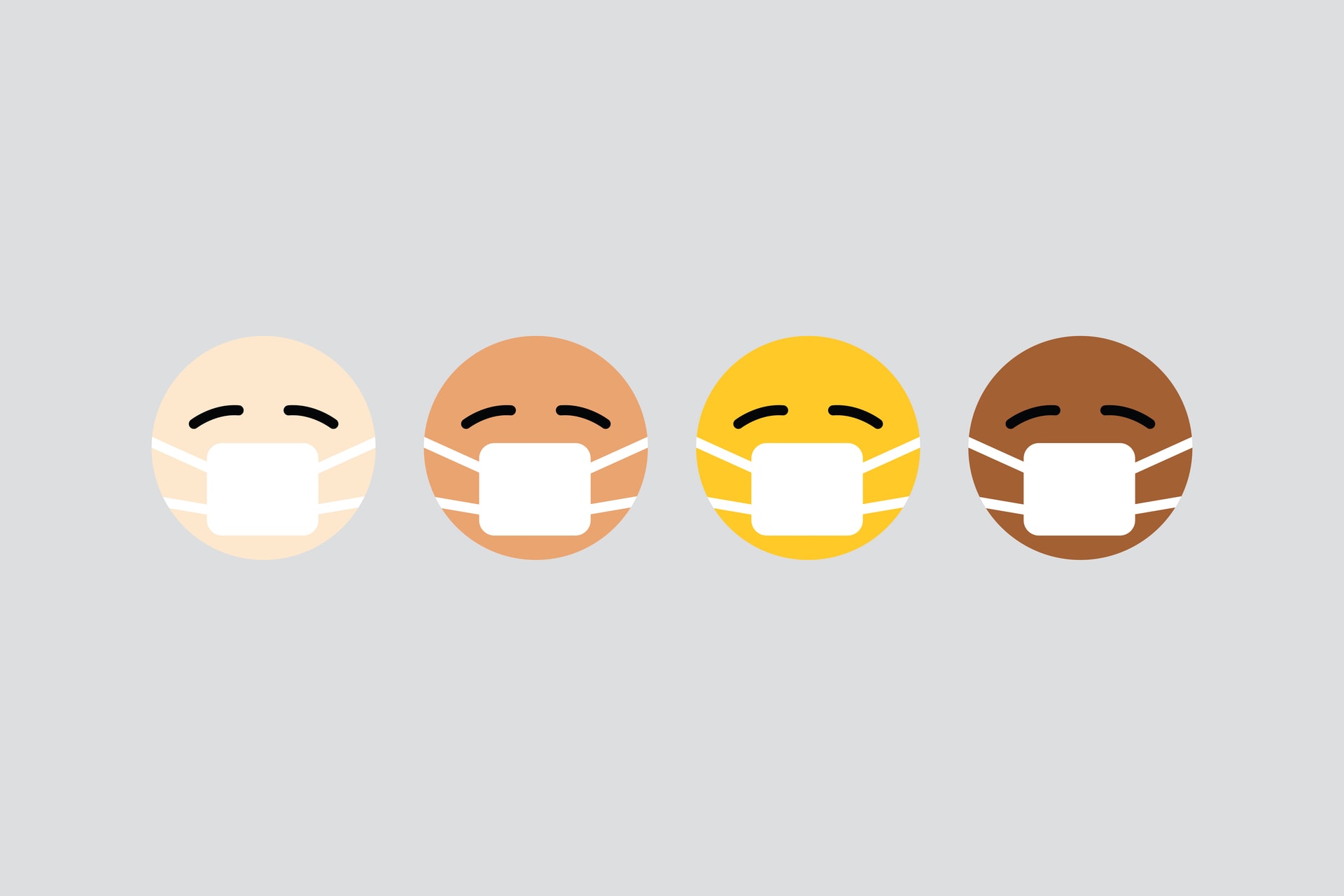We may as well start with the flip side of the coin: uncertainty, something we’ve had an overdose of over the past year and a half. Small doses of uncertainty are not bad for us, in fact, they’re part of being human, and apparently our body needs daily, manageable stressors (known as ‘eustress’) in order to combat disease and slow the ageing process.
But the stress that this pandemic has put on our bodies and minds is not that type of stress. This uncertainty has been prolonged and intense, and dealing with it has required a significant amount of work from our brains.
If this goes on indefinitely, it can lead to impaired memory function, as well as affect our heart and blood vessels, leading to serious conditions. Luckily, there is some form of certainty now returning to our worlds, with more people being vaccinated, allowing us to start planning our lives again.
Here’s the good news – four ways that more certainty can improve our health and wellbeing:
- Addressing bad habits
We’ve all slipped into some unhealthy habits over this time and this is to be expected. How we react to stress differs from person to person – one may drink more heavily than usual, another may overeat, while another may start smoking again, even though they managed to give up years ago. This is understandable. But as we regain some semblance of normalcy, we need to focus on kicking these crutches that we’ve relied upon. You don’t have to do it alone, many medical aid companies like Fedhealth offer Smoking Cessation and Weight Management Programmes, so you can get the support you need.
- Getting better sleep
Many sleep problems are related to psychiatric issues, like depression and anxiety. Traumatic stressors like the effects of this pandemic on the economy, threats to our physical health and not knowing what the future holds have probably all had a negative effect on your quality of sleep. Now’s the time to take back some control and focus on getting better sleep. Try do this by limiting alcohol intake, keeping devices out of your room and not overdoing it on stimulants like caffeine and nicotine. Sleep is what heals our bodies and our minds and we all need more healing right now.
- Welcoming back a routine
Most people thrive on routine. We see this with small children, and how they respond behaviourally when their routine is disrupted, and the same applies to adults. This pandemic upended all our carefully designed routines, from getting up each day and going to school/work, to knowing when we would play our weekly football match, to looking forward to our summer holidays in our usual places. It all changed, and this added even more stress to our lives. Luckily, with many offices and schools now open once again, you can add some routine back into your life, reducing your cortisol levels and enabling better time management and increased mental focus too.
- Reducing digestive issues
When your body is in a state of ‘fight or flight’, it’s not going to focus on digesting your food properly. Yes, those stressful ‘butterflies in your tummy’ are what can cause bloating, IBS and ulcers, all caused by the inflammatory state your gastrointestinal system is in. In recent years there has also been significant research done on the link between your gut and your brain, indicating that stomach issues can directly affect your mood too. Hopefully with less uncertainty about the future, your digestive system can repair and do its job better, leading to better health overall for you too.
Photography: Unsplash





